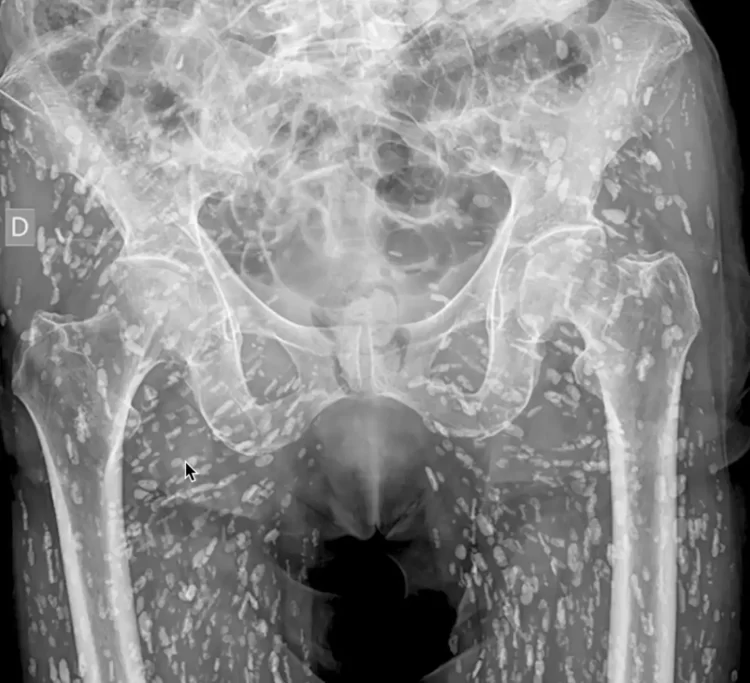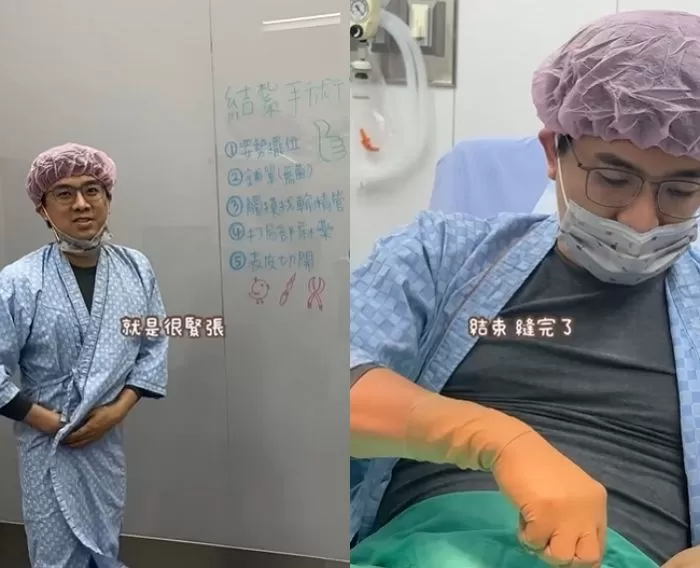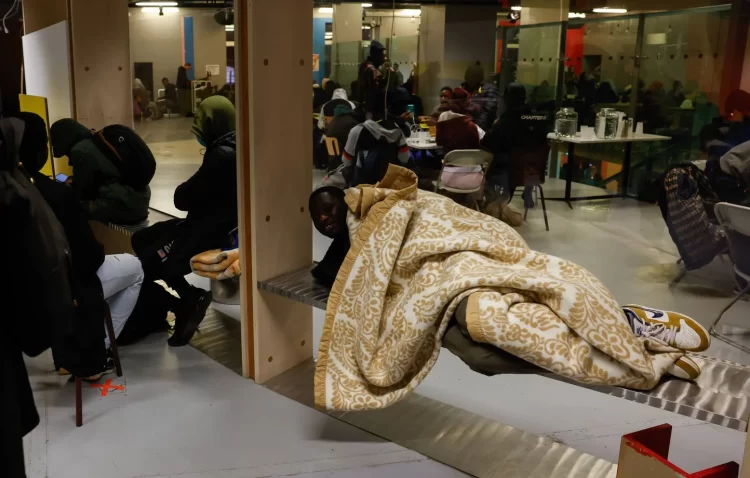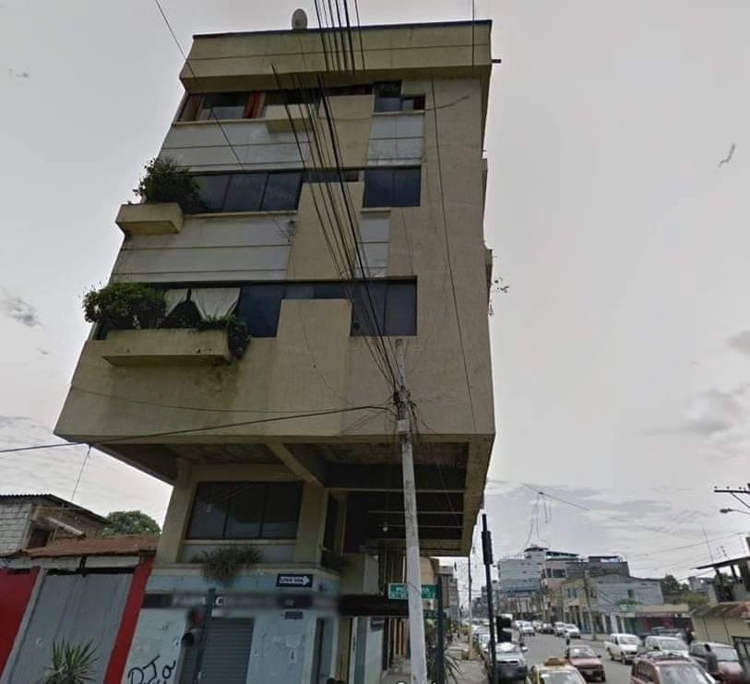A new treatment for suicidal patients in South Korea involves locking them up in wooden coffins. The fake “death experience” apparently helps students appreciate life better after confronting a simulated version of their last moments.
The rate of suicide in Korea is on the rise, with about 40 people killing themselves every day. Experts believe that the nation’s super-competitive atmosphere is responsible for so many cases of depression and suicide. And according to the Seoul Hyowon Healing Center, the solution to this crisis lies in their ‘death experience’ therapy.
Participants at the centre come from all walks of life, including teenagers who struggle with pressure at school, older parents experiencing isolation, and the elderly who are afraid of becoming a financial burden on their families. They all don white robes and get into coffins arranged in rows. Beside each coffin is a small desk with pens and paper. Students sit inside the coffins and listen to a short talk by Jeong Yong-mun, a former funeral worker who is now the head of the healing centre. He explains to them that they should accept their problems as a part of life and try to find joy in the most difficult situations.
The students then lie down in the coffin and close their eyes to have a ‘funeral portrait’ taken. Afterwards, they write down their will or compose a farewell letter to their loved ones, and read their last words aloud to the group. When the ‘hour of death’ approaches, they are told that it is now time to ‘go to the other side’. Candles are lit and the ‘Korean Angel of Death’ enters the room. The students lie down in their coffins once more, and the angel closes the lid on each one of them.
They are left alone in the dark for about 10 minutes, during which time they are faced with the idea of ‘nothingness’ in the after-life. They are encouraged to use this time to contemplate on life from an outsider’s perspective. When they finally emerge from their coffins, they claim to feel ‘refreshed’ and ‘liberated’. Jeong Yong-mun enters the room once more to tell them: “You have seen what death feels like, you are alive, and you must fight!”
The idea of the experience is to dwell on the ‘collateral damage’ of death and to think about how much pain they might cause their loved ones by choosing to end their lives.
Coffin therapy is not a new concept – we came across it a few years ago when a coffin maker from Ukraine offered people the chance to get inside some of his comfortable creations. We also heard of a psychotherapy clinic in Shenyang, China, where people with psychological problems were treated with death therapy. Most people who tried it reported feeling very relaxed and positive afterwards.
Photos: Seoul Hyowon Healing Center
via AgenceVU










